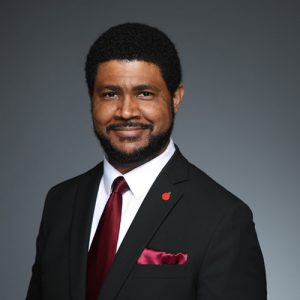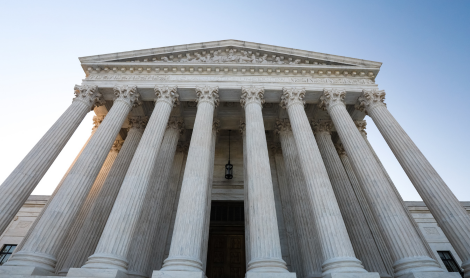To the Authorizing Community:
Like so many of you it has taken me some time to process a range of emotions after seeing Black people being murdered, most visibly George Floyd and Ahmaud Arbery, in the news the last couple of weeks, and during a pandemic that was already disproportionately negatively impacting communities of color. As a Black man, avid jogger, and frequenter of parks, recent events have had particular resonance for me.
There is justified outcry at recent horrific acts of murder. The many acts and statements of solidarity from authorizers, the broader education community, and so many others give me some hope that these murders may trigger systemic and lasting change.
Yet, many of us have seen this before. Too often, initial outrage fuels short-term activity that yields short-term outcomes. Particularly when responding to racial injustice, outrage quickly gives way to deafening silence and a retreat to familiar behaviors. The result is more of the same.
The intensity of this moment will fade over time. As individual citizens and as authorizing leaders with tremendous power in shaping schools and lives, our central leadership question is this: What is our responsibility to create enduring change? Our commitment to justice and an antiracist society requires action beyond the next 24 hours. It requires sustained attention and an unyielding drive during the next 24 months, 24 years, and beyond.
It’s OK to not have all the right answers right now. But it’s untenable to not seek them out. The good news is that systemic solutions to racial injustice exist, most often in Black and Brown communities. At the onset of the COVID-19 pandemic, NACSA called for authorizing to be more responsive to the needs of communities—to listen to what students, families, and educators need and act boldly even if that meant doing things outside of traditional authorizing activities. NACSA is doing the same—listening, acting, and changing the way we do things. We don’t have it all figured out, but we are listening to many, especially you, and acting so that we can be an effective long-term change agent.
As we have done on Fridays since the onset of the pandemic, NACSA will continue to host Community Conversations for Authorizers. Our conversation next Friday, June 12, will focus on our collective responsibility to create enduring change. The most meaningful commitment our community can make right now is to ask, listen, and act. So, prior to our upcoming conversation, continue to engage and listen to what your community of staff, students, families, and educators are telling you they need at this moment in time and in the future—especially Black communities and fellow Black authorizers. Bring what you learn and what you are doing to the conversation.
Thank you for reading. I welcome your thoughts and ongoing partnership. After all, injustice is most effectively remedied in our country when many different kinds of people demand it. We are fortunate to have a diverse authorizing community across the country to lean on and learn from. The ultimate test of our community’s commitment to antiracism and justice is not only what we do today and tomorrow, but what we do for the next generations of children in our care. We look forward to the difficult and necessary long-term work ahead with you.
Karega Rausch, Interim President & CEO
The National Association of Charter School Authorizers



